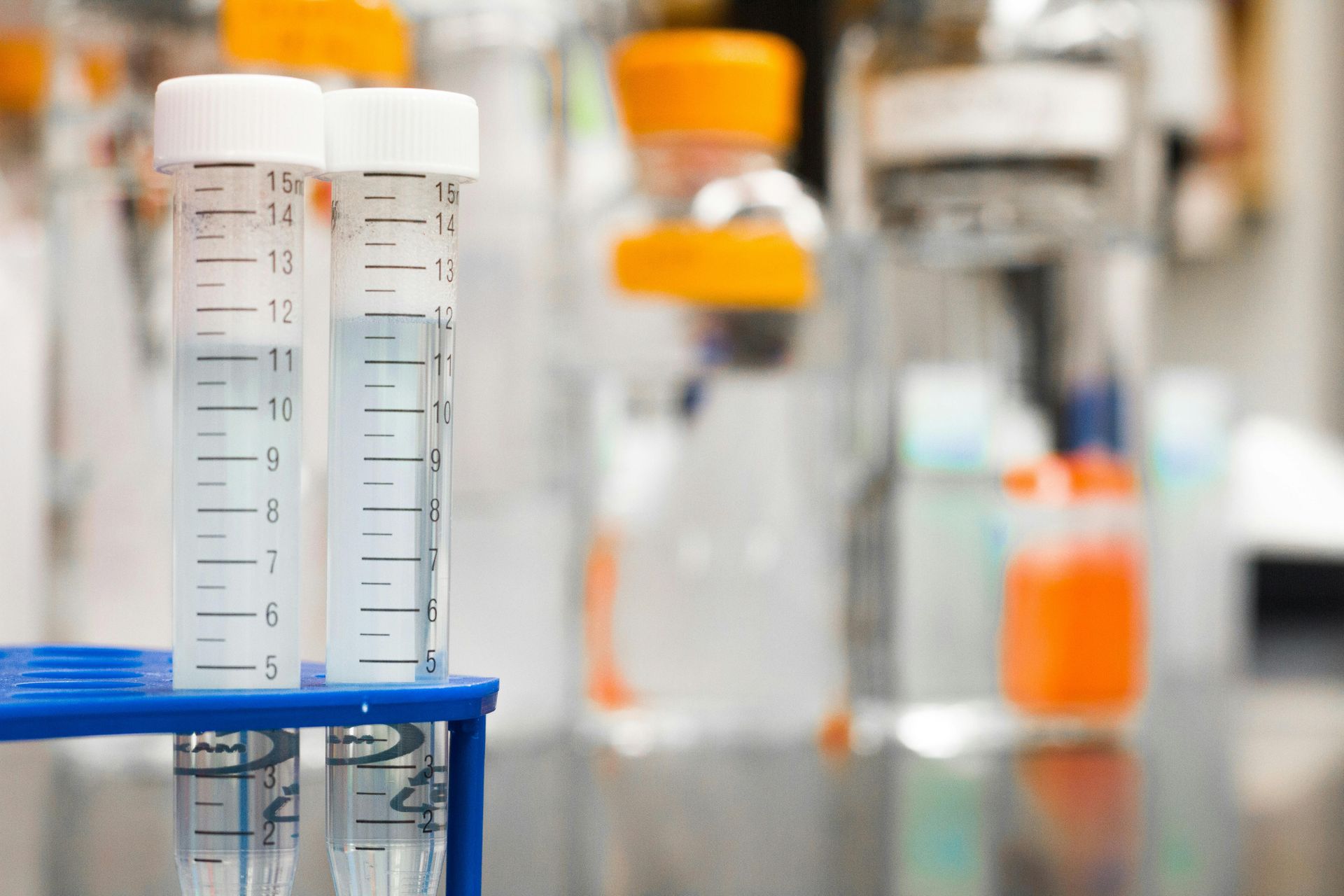WASHINGTON, D.C.
– Today, the U.S. Department of Energy (DOE) announced plans to provide up to $18 million for basic research aimed at helping to ensure the continued availability of rare earth elements—or effective substitutes—critical to the functioning of the modern U.S. economy.
Rare earth elements such as neodymium, praseodymium, lanthanum, and many others are vital to a host of contemporary technological and industrial applications, ranging from magnets in motors and wind turbines, to components of smartphones and computers, to catalysts in the chemical industry.
“Our nation’s economy continues to be bolstered by the research done at our national labs,” said Under Secretary for Science Paul Dabbar. “By supporting the acceleration of our knowledge of rare earth elements, we can look forward to breakthroughs within our scientific community. This will impact everyday items Americans use from critical materials from our own backyard.”
The research will seek fundamental breakthroughs to enable improved methods to increase the availability or reduce the use of rare earth elements, more efficient separation approaches to enable reuse, and discovery of effective substitutes for rare earths, among other topics.
“Increasing the availability of critical materials and discovering alternatives for them is essential to America’s energy security and will also open new avenues for commercial applications,” said Dr. Chris Fall, Director of DOE’s Office of Science. “While we’ve seen real progress in this field, both basic and applied research are needed to secure the availability of the resources that are critical for today’s technologies.”
Planned funding totals $18 million for projects of three years in duration, with $6 million in Fiscal Year (FY) 2020 dollars and outyear funding contingent on congressional appropriations.
The Department’s Office of Science is coordinating the funding opportunity with ongoing applied efforts in critical materials research sponsored across the Department. The aim of the Office of Science is to seek basic science breakthroughs that can ultimately lead to technology development.
Today’s announcement is part of a DOE-wide effort totaling more than $158 million in FY 2020 funding, including $23 million from the Office of Fossil Energy, $104 million from the Office of Energy Efficiency and Renewable Energy (including the Critical Materials Institute at Ames Laboratory), $11 million from ARPA-E, and an additional $14 million from Office of Science core research programs in materials sciences and chemistry.
This cross-cutting effort aims to promote research and development of the critical minerals and rare earth elements supply chain that is imperative to strengthening U.S. energy and national security.
“Critical minerals and rare earth elements are essential to technologies that we use every day from cell phones to lifesaving medical equipment to batteries for electric cars,” said Under Secretary of Energy Mark W. Menezes. “Unfortunately, the U.S. is heavily dependent on countries like China to supply these critical materials needed to manufacture products that support the U.S. economy. The research and development being done at DOE labs is critical to harnessing our domestic supply of rare earth elements and critical minerals and is key to developing new ways to process and recycle these elements.”
DOE national laboratories are invited to submit proposals for breakthrough fundamental research in materials and chemical sciences. Applicants are encouraged to find partners at universities, national laboratories, and other institutions. Awards are expected for both small groups and larger multidisciplinary teams.
The announcement for DOE laboratories can be found on the funding opportunities page of the Office of Basic Energy Sciences within the DOE Office of Science under the heading “National Laboratory Announcements.”









